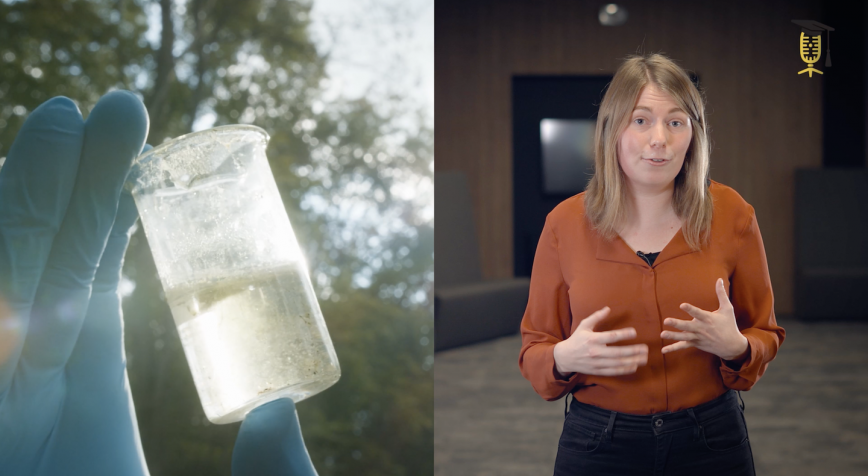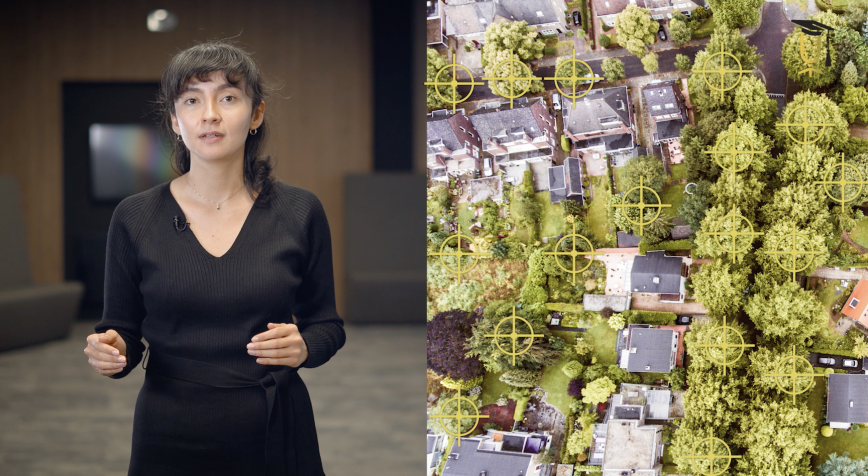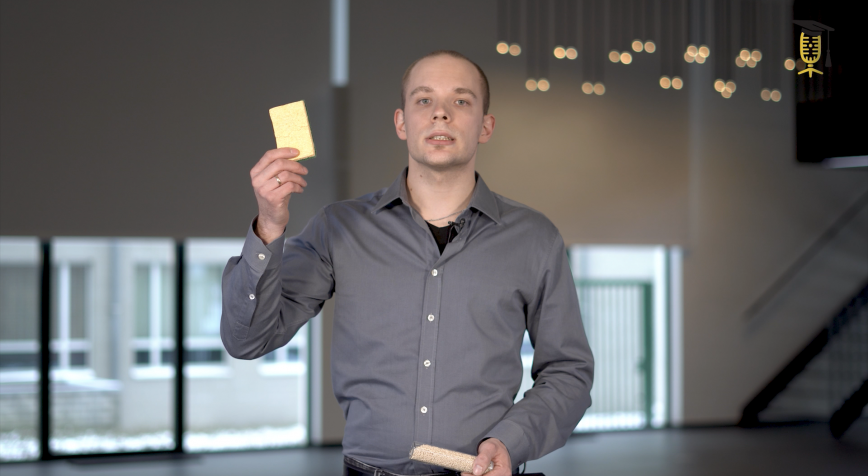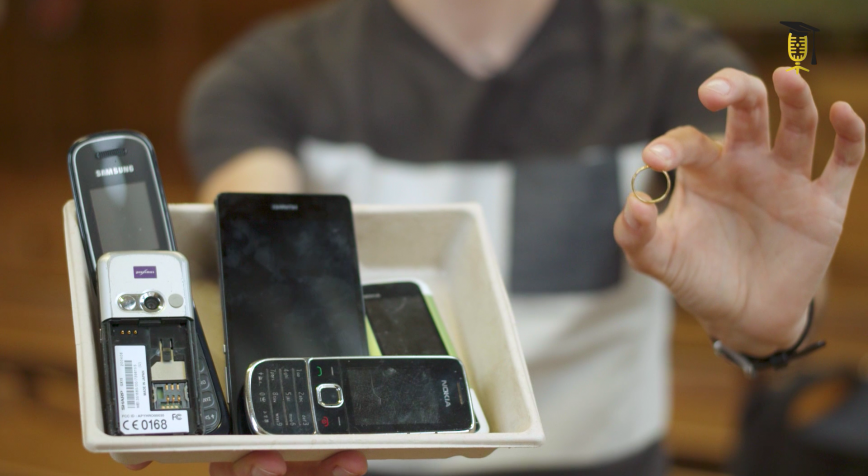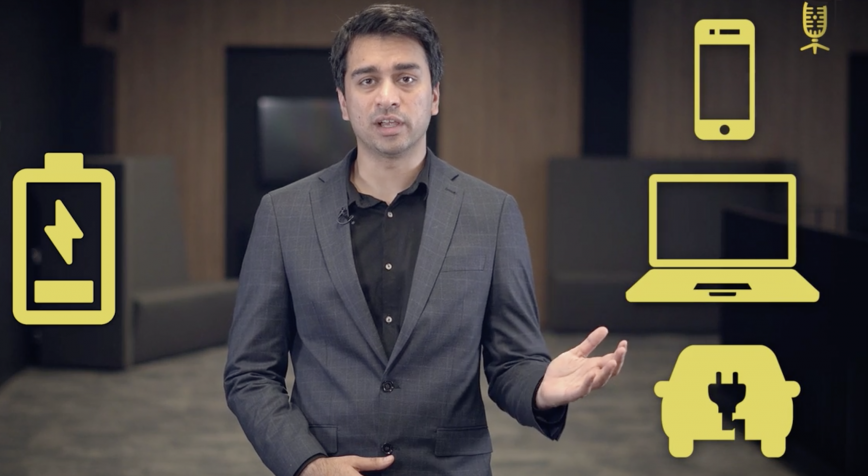
UHasselt
VITO
More sustainable batteries
Smartphones, laptops, electric cars, ... We simply cannot live without batteries. But did you know that in 5 years' time the demand for batteries is expected to be 15 times higher than today? But instead of producing 15 times more batteries, wouldn't it be better to meet the demand by making more powerful batteries? That is why Ahmed Shafique is working on a new generation of batteries: lithium-sulfur batteries.
